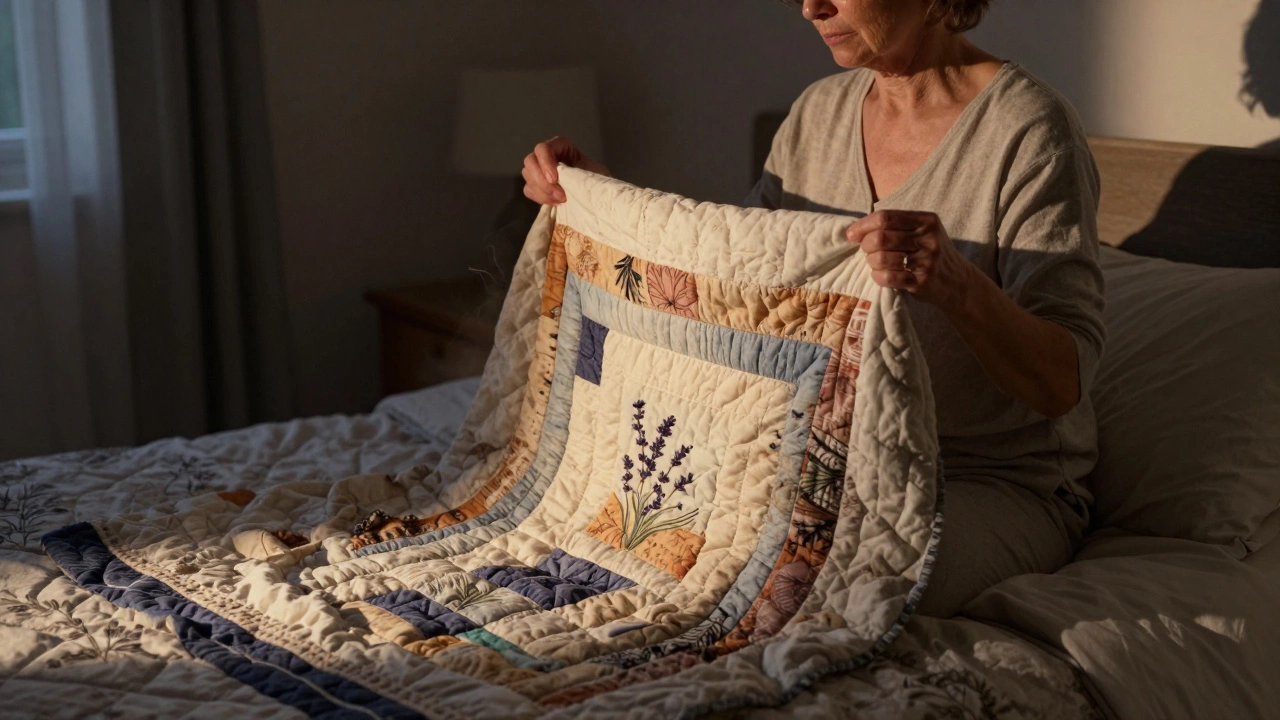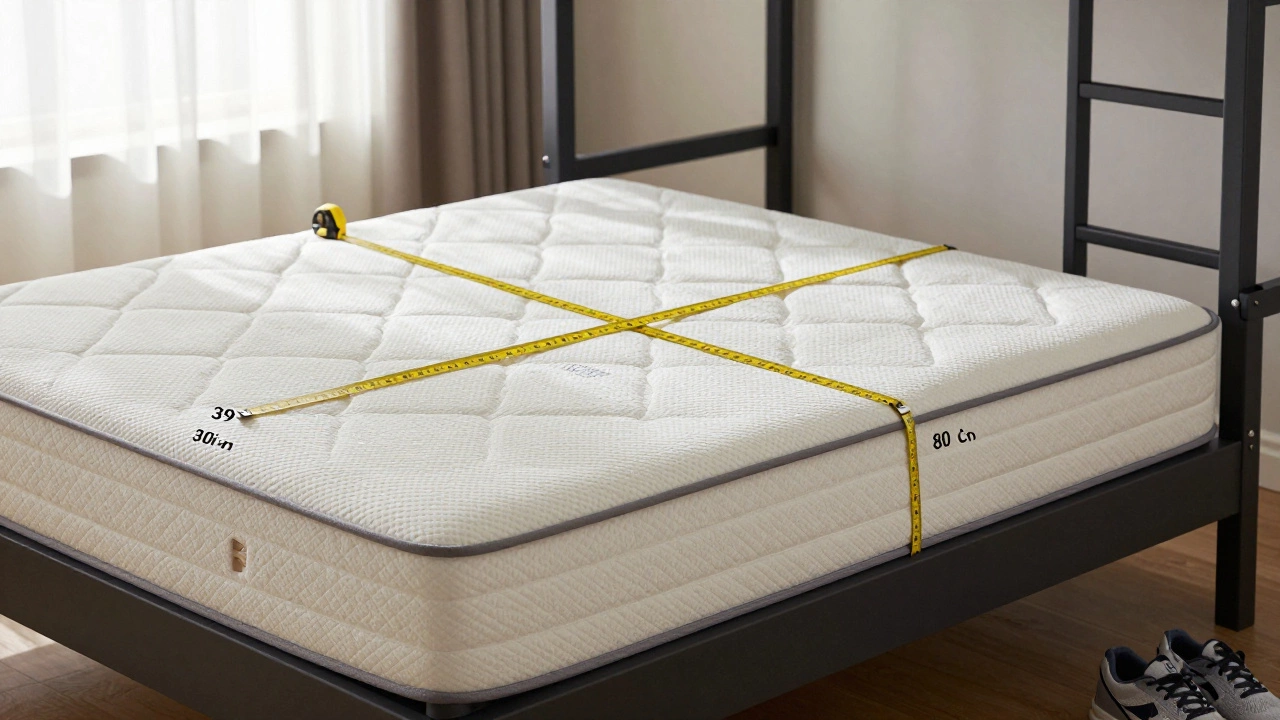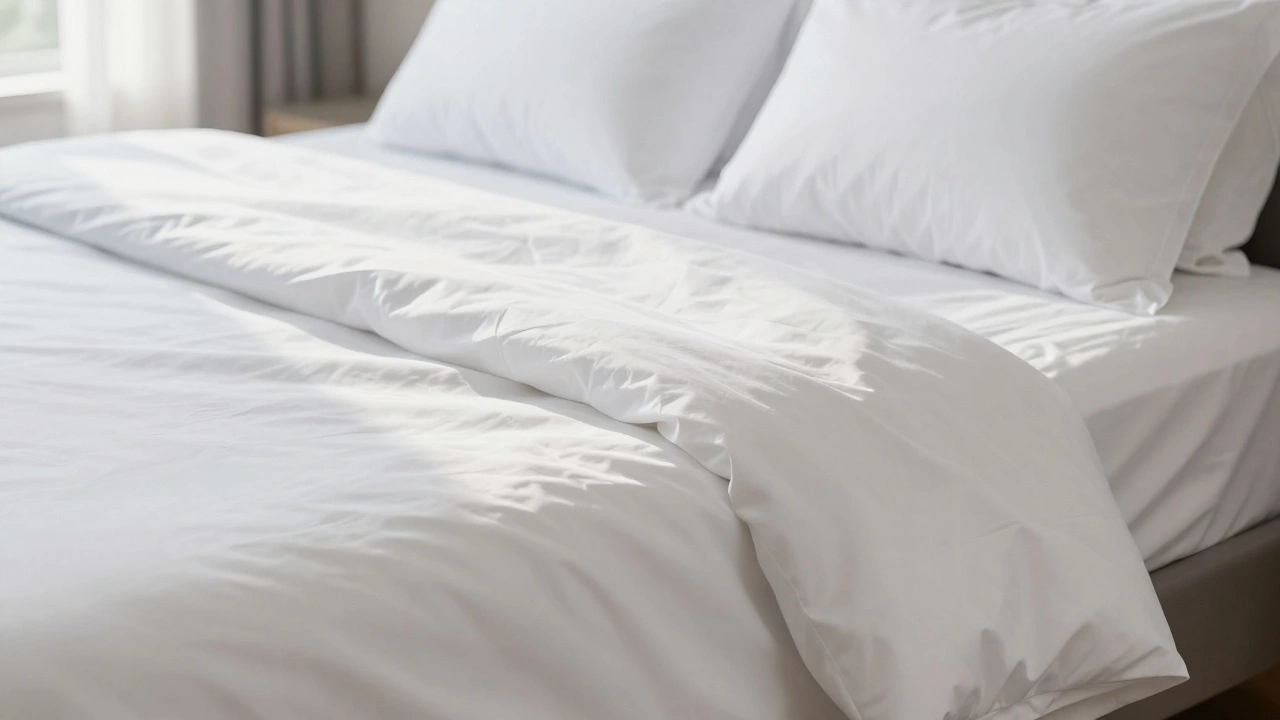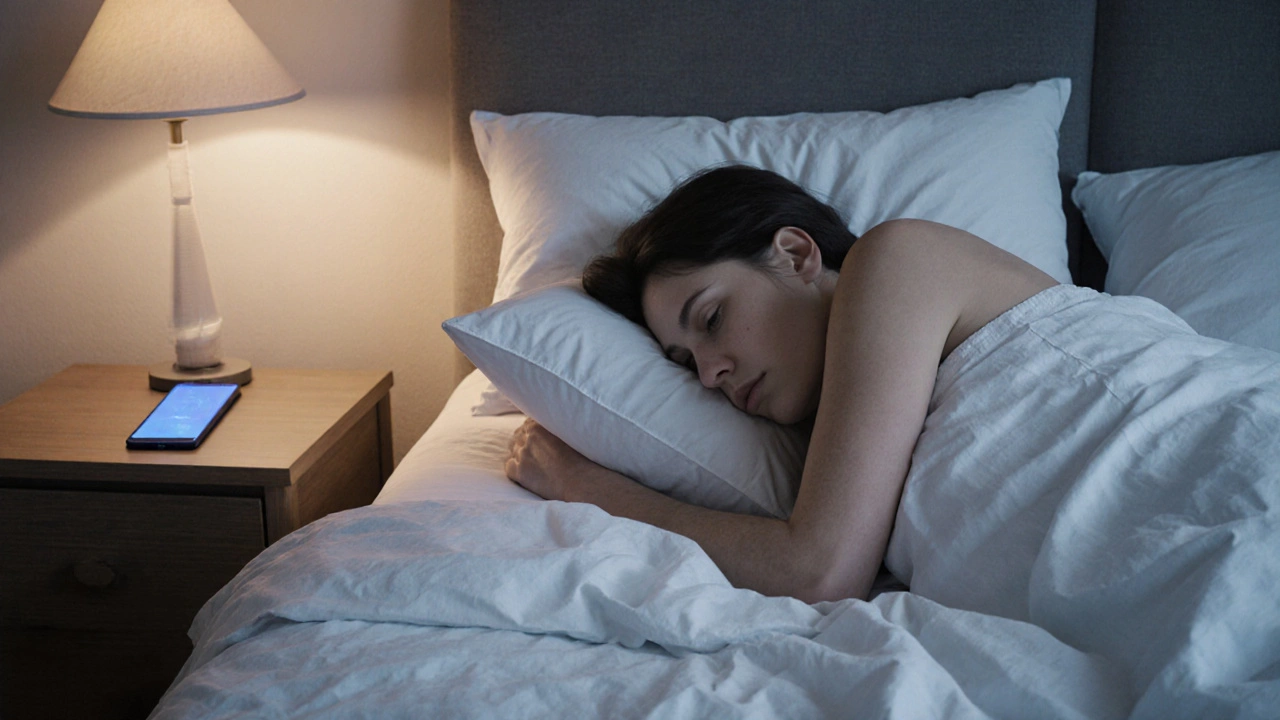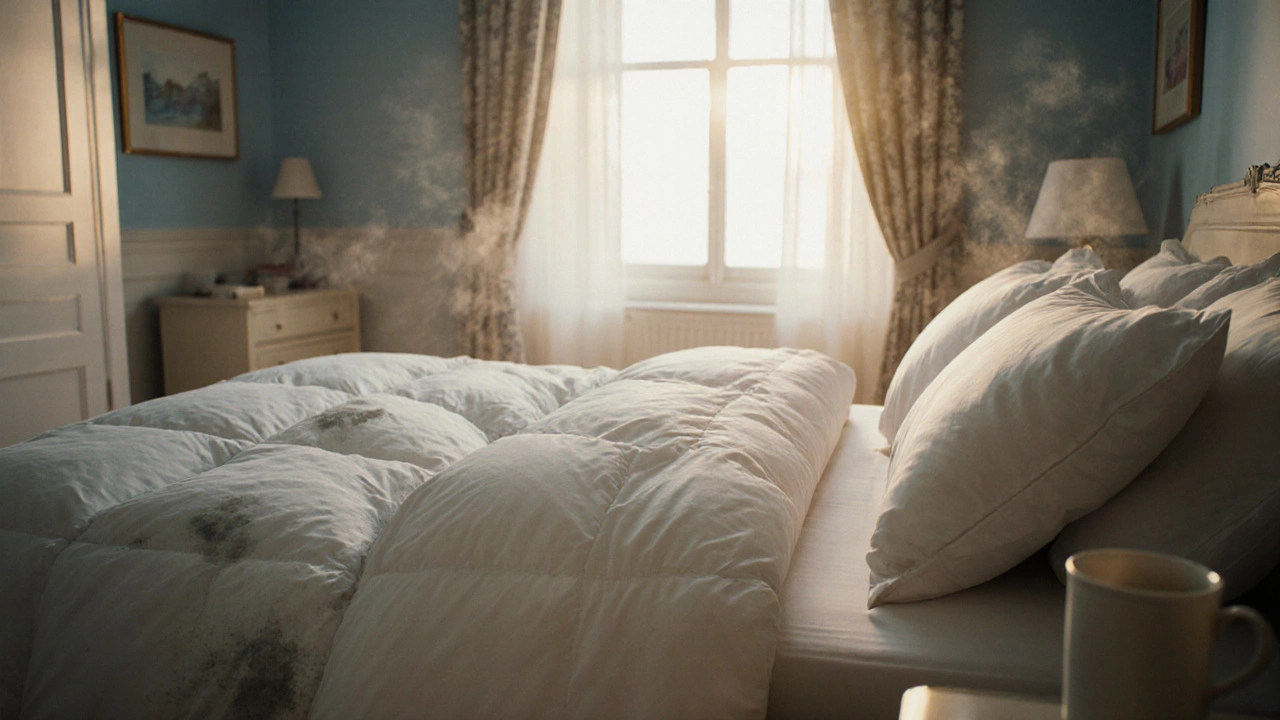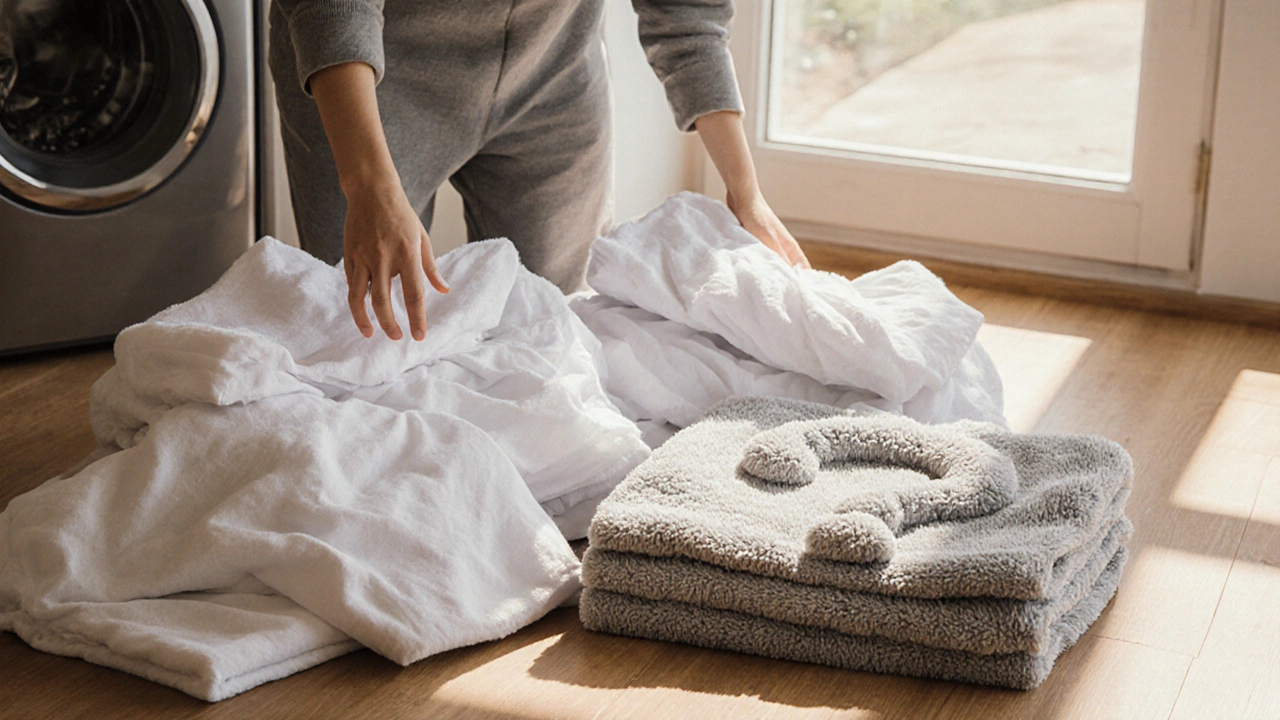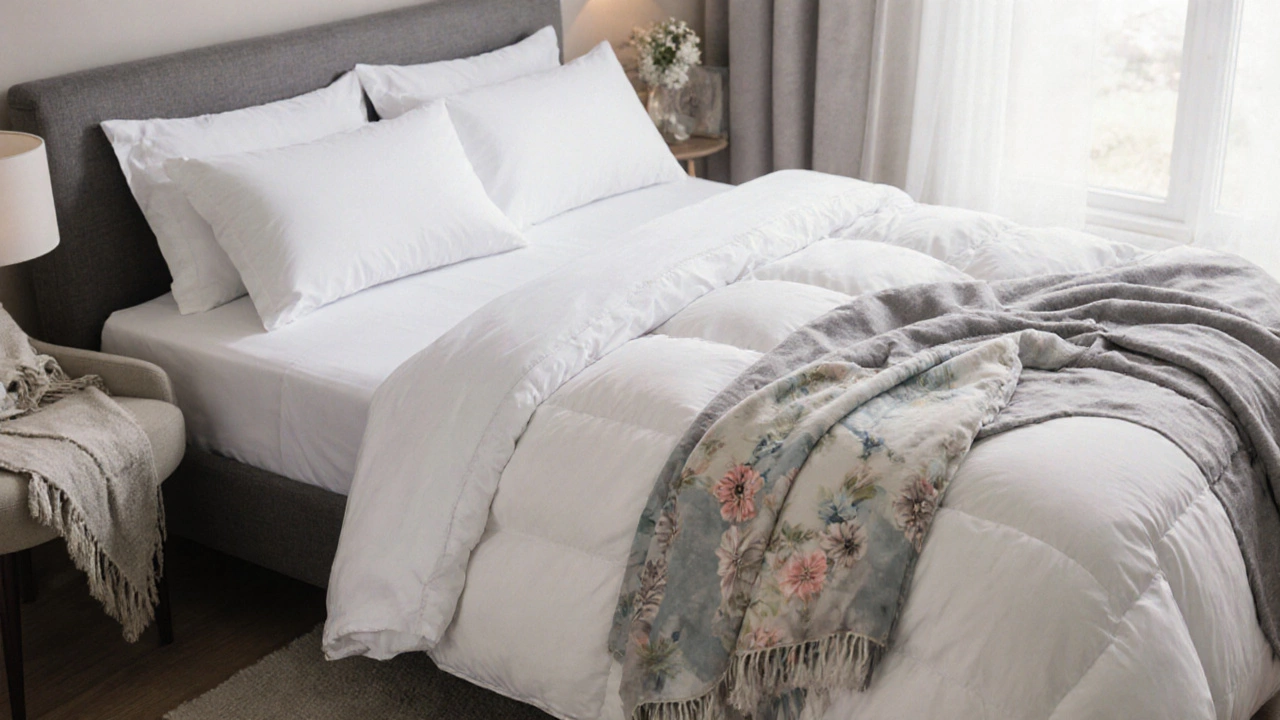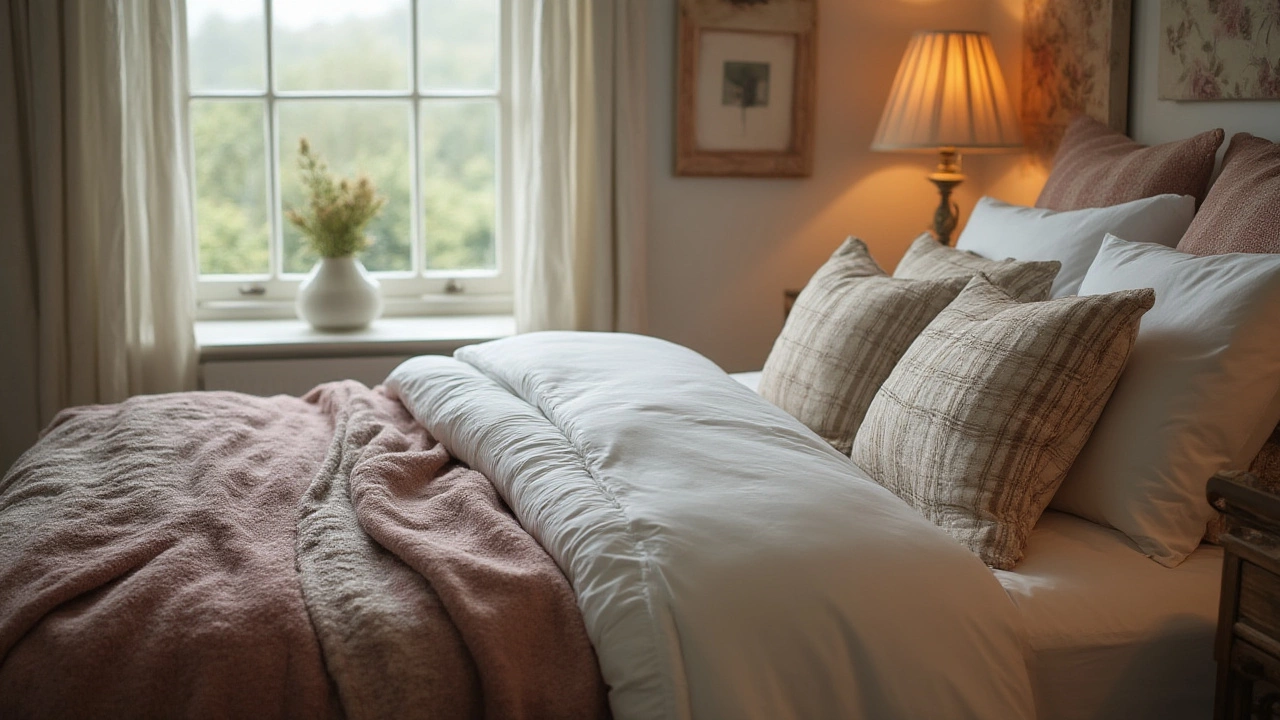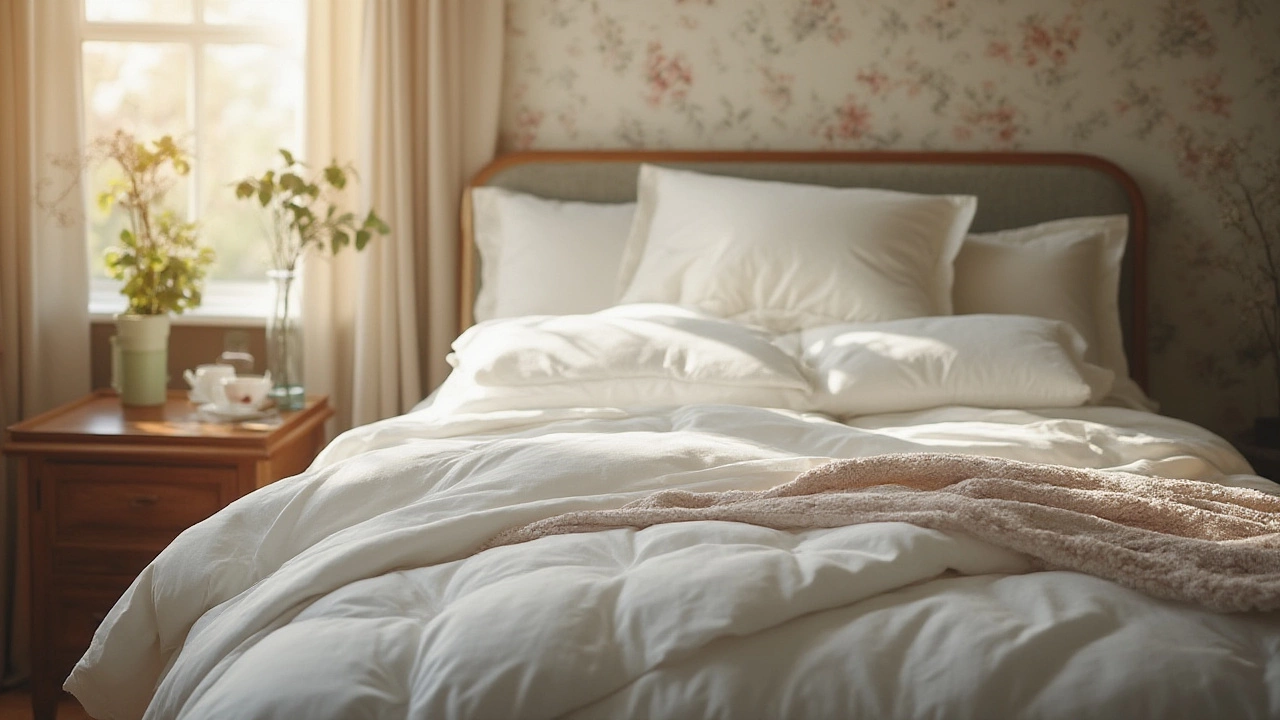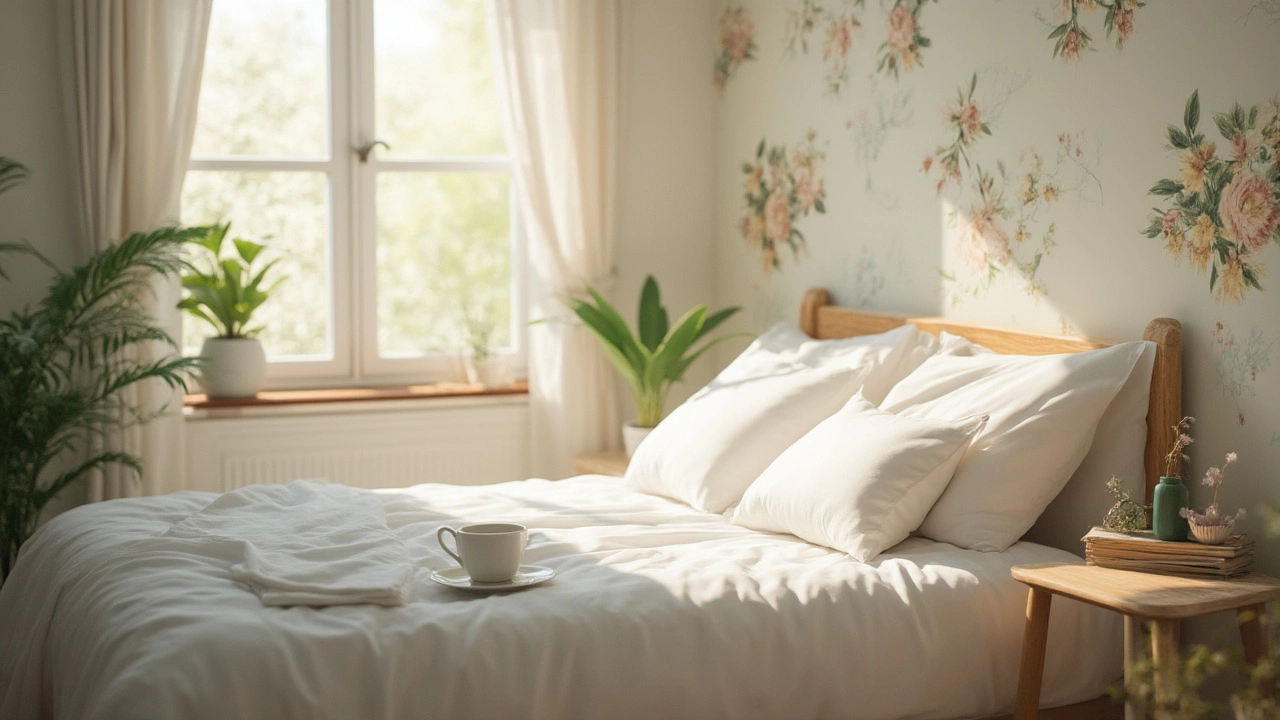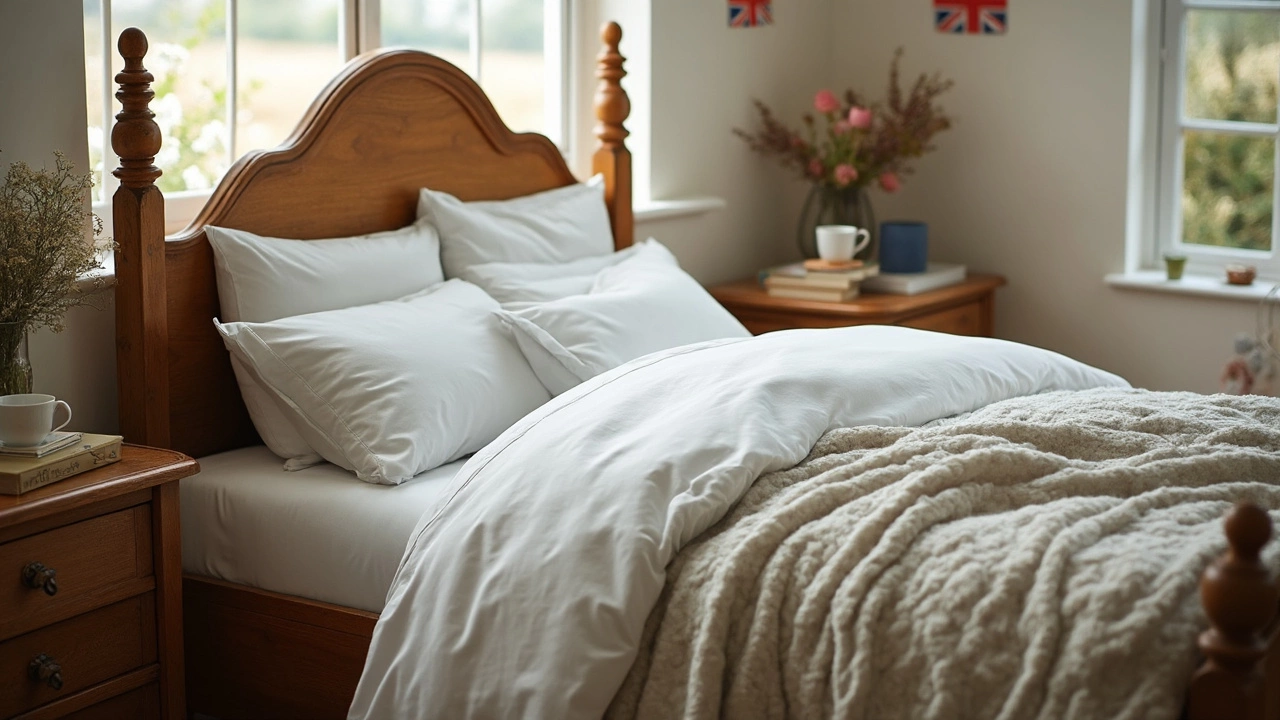Bedding Basics: What Every Bed Lover Should Know
When you think about a good night’s sleep, the first thing that comes to mind is usually the mattress. But the real secret sauce lives right on top of it – your bedding. From soft sheets to snuggly duvets, the right pieces can turn an average bed into a sleep sanctuary.
So, what does "bedding" actually cover? In plain terms, it includes everything that touches your body while you’re in bed: fitted sheet, flat sheet, pillowcases, blankets, duvet or comforter, and the pillow itself. Each item has a job – the fitted sheet keeps the mattress clean, the flat sheet adds a light barrier, and the duvet gives you warmth without the bulk of a heavy blanket.
Choosing the Right Types for Your Style
If you’re scrolling through a store, you’ll see two main umbrella terms: duvets and comforters. A duvet is a plain, soft insert that needs a cover, kind of like a pillowcase for your pillow. Comforters are already stitched together with the fill, so you can use them straight out of the bag. Duvets are great if you like swapping covers for a fresh look, while comforters are handy for a no‑fuss setup.
Sheets come in a range of materials. Cotton is breathable and easy to wash, linen feels cool in summer but warm in winter, and microfiber is super soft and budget‑friendly. Your choice should match how hot you get at night and how much effort you want to put into caring for them.
Simple Care Tips to Keep Bedding Fresh
Cleaning bedding isn’t rocket science, but a few habits can extend its life. Wash sheets every one to two weeks – that’s enough to get rid of sweat and skin cells without over‑washing. Pillows and duvets need less frequent cleaning; a good rule is to wash them twice a year unless you have allergies.
When you wash, use a gentle cycle and cool water to preserve fibers. Skip the harsh bleach unless you’re dealing with stains, and tumble dry on low heat or air‑dry to avoid shrinkage. A quick shake‑out after drying helps keep the fill fluffy.
Lastly, watch the wear and tear. If you notice pilling on sheets or clumping in your duvet, it’s time for a replace. Most experts say replace sheets every two to three years and duvets every five, but trust your nose – any lingering odors or a loss of comfort means it’s time for new bedding.
Putting together a great bedding set doesn’t have to be pricey or complicated. Start with a set of breathable sheets, add a duvet with a washable cover, and pick a pillow that feels just right for you. With a bit of care, your bedding will stay fresh, comfy, and ready for countless nights of quality sleep.
